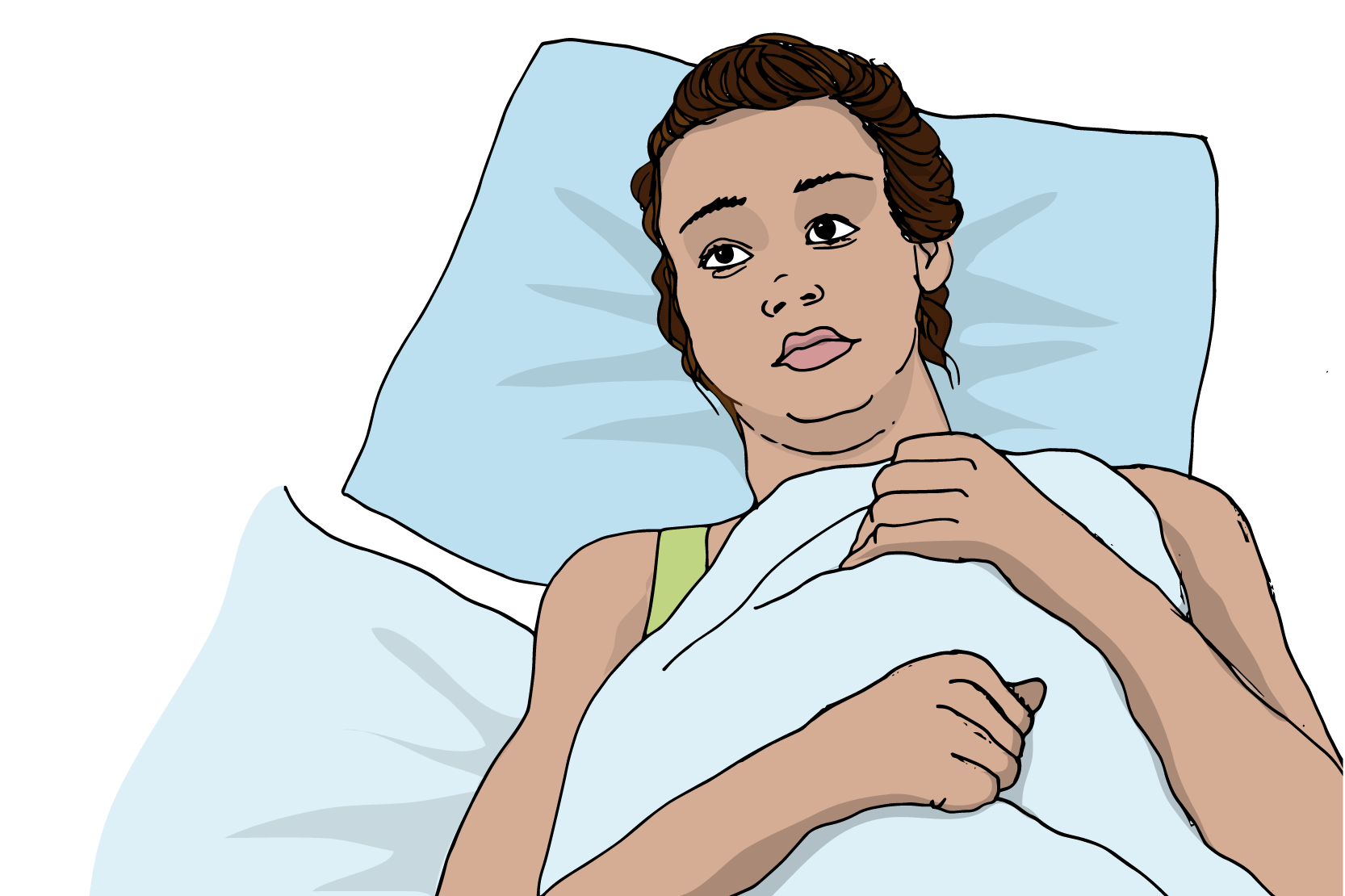Diseases that are passed on through having sex
Sjukdomar som smittar genom sex - engelskaVenereal diseases can be passed on when you have sex with someone. Get tested if you think that you may have caught a venereal disease. There is medication that can help available. It is often free.

Diseases that are passed on through having sex
Sexually transmitted diseases can be passed on when you have sex with someone. Get tested if you think that you may have caught a sexually transmitted disease. There is medication that can help available. It is often free.
Symptoms of sexually transmitted diseases
It is common for sexually transmitted diseases to not have any symptoms, which means it can be hard to know if you have caught a sexually transmitted disease. Some sexually transmitted diseases can have symptoms such as a burning sensation when you urinate, having discharges or blisters on the penis or vulva.
How can you get a venereal disease?
Sexually transmitted diseases are most often transmitted when the following body parts come in contact with each other:
- the vagina
- the inner labia
- the anus
- the head of the penis
- the mouth.
Sexually transmitted diseases can also be transmitted when blood, vaginal fluid or semen come in contact with any of these body parts.
The risk of getting a sexually transmitted disease is greatest when having sexual intercourse in the vagina or anus.
Sexually transmitted diseases can also be transmitted when you suck, kiss or lick someone’s sexual organs with your mouth or tongue.
How you cannot get a venereal disease
Sexually transmitted diseases are never transmitted by:
- Hugging or kissing someone.
- Holding someone’s hand.
- Using the same towel or same toilet seat as someone.
- Drinking out of the same glass as someone.
No sexually transmitted disease is transmitted through the air.
You cannot get a sexually transmitted disease from masturbating.
Protect yourself against sexually transmitted diseases
This is how you can reduce the risk of contracting a sexually transmitted disease:
- Use a condom or femidom when you have sex with someone.
- Use a condom or femidom the entire time you are having sex.
- Change the condom if you have both anal and vaginal sex.
- Spit out semen if you get it in your mouth.
- Have sex using only your hands to caress each other’s sexual organs.
How to get tested
Get tested if you have had unprotected sex with someone. You can get tested at a Youth Guidance Centre (ungdomsmottagning), a health clinic (vårdcentral) or a dermatology and venereology clinic (hud- och könsmottagning). Tests for most sexually transmitted diseases are free.
Get tested even if you don’t have any symptoms, even if it has been a long time since you last had sex.
The most common way to get tested is to leave a urine or blood sample. A test can also be taken through collecting a sample from the throat, vagina, urethra or anus.
Certain diseases must not be spread
There is a specific law about certain contagious diseases. This law says that you are required to get tested if there is a possibility of you having a such disease. Chlamydia, Gonorrhoea and HIV are three examples of such diseases. Tests for these diseases are free.
If you have one of these sexually transmitted diseases, you are required to inform the health care which persons you have had sex with. The health care professional will then contact the people you name, to advise them that they also need to be tested.
Whatever you tell health care professionals is confidential. The people you give information about will not be told who you are.
How to treat a sexually transmitted disease
Once you have received your test results, you will be given medication to treat the disease that you have contracted.
If you have contracted HIV, you will need to take medication for the rest of your life. This medication is free.
You can read more about sexually transmitted diseases in Swedish at UMO.se.